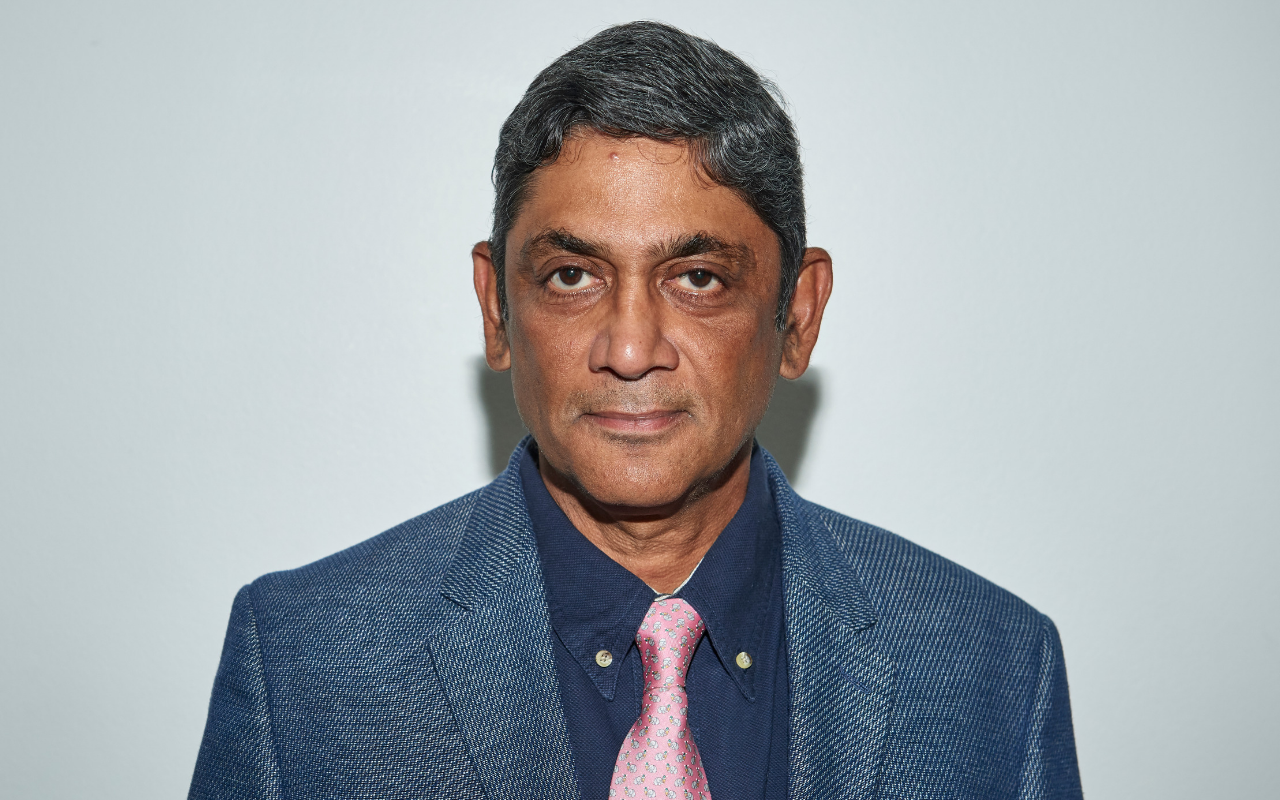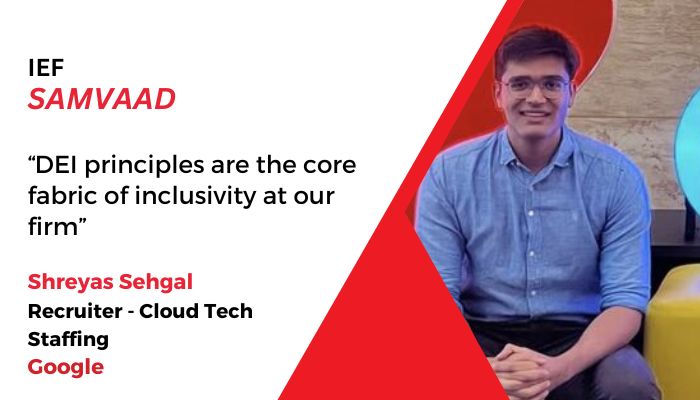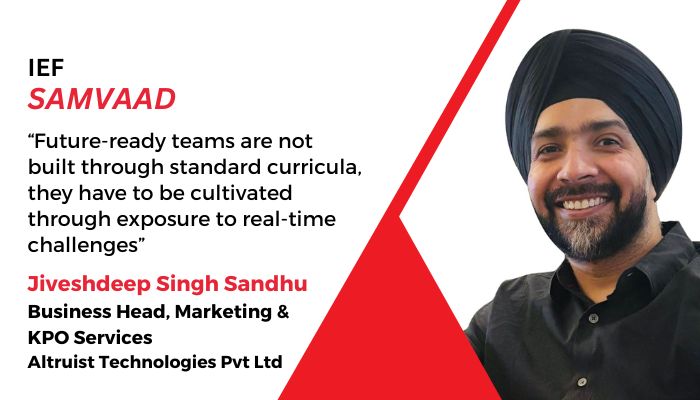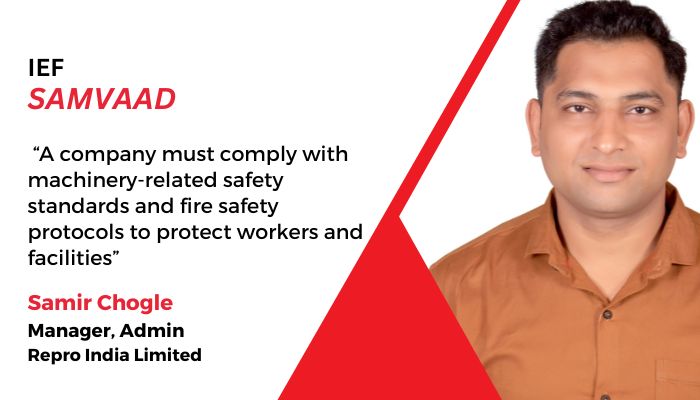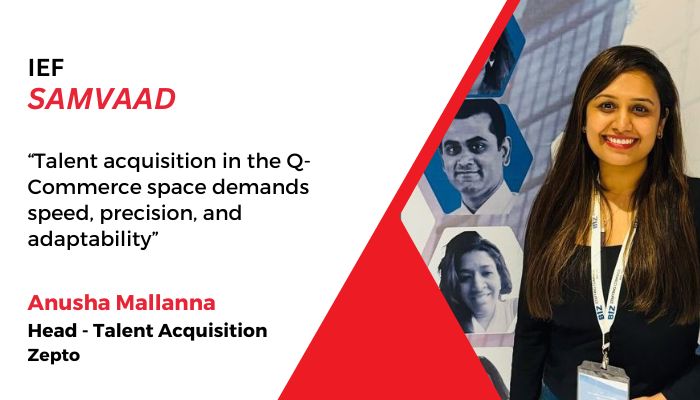Srikanth Karra, CHRO at Mphasis, is of the opinion that organizations need to foster learning cultures to quickly fill the skill gaps
Q. Tell us briefly about yourself, your career and key achievements and awards.
I have close to 30 years of experience in the field of HR and operations. I am from Hyderabad and did my Masters in PM&IR from Tata Institute of Social Sciences.
I have been instrumental in institutionalizing global benchmarks for large enterprises as well as start-ups. Over the years, I have strategized, spearheaded, and seamlessly executed numerous people initiatives. My functional experience spans resource strategy, manufacturing operations, industrial relations, HR technology implementation, and process excellence in multiple industries including manufacturing, information technology (IT/ITES), and telecom.
I have been nominated for some prestigious certification courses from Wharton, Harvard and Asian Institute of Management in Manila. I have received several awards and recognition both nationally and internationally.
Q. What’s your success mantra?
Understand business, be curious and make learning new things a habit.
Q. What has been a major challenge for you as an HR professional across companies?
I have been involved in several turnarounds including tough industrial relations situations. Staying true to the course and continuously negotiating and innovating is challenging. But most challenging is to pivot organizations with out- of-the-box ideas. Typically, organizations resist unconventional ideas and to make people believe in it is the most challenging.
You might also be interested to read: ‘C&B Policies Have A Huge Impact On An Organization’s Ability To Hire, Mobilize And Reward Talent’ – Kishore Sambasivam, CHRO – OnMobile
Q. What are the key forces shaping the future of work?
I will broadly bucket them into 3 categories:
1) Organization structures 2) technology and 3) skills sets
Structures will become leaner and repetitive functions will be automated. Managerial jobs may become redundant. Technology will be the mainstay by which business is conducted. Every product or service will be personalised using technology. Skill sets require a complete overhaul, creativity and solutioning will be at a premium as opposed to task-based work allocation.
Q. Will humans become primarily ‘consumers’ of output produced by automation?
Automaton is still in a nascent phase. But over a period it will be a new normal. As mentioned earlier all products and services will be hyper personalised using technology. The individual’s consumption patterns will be no more private and the intelligence will reside with the service providers. There is an advantage of this since a consumer can demand the service any time and at a desirable price point but at the same time the danger of compromising on personal details will remain.
Q. How does one ensure quality of hires? Today, we see people everywhere but employability remains elusive, why?
Academia, unfortunately, is lagging behind industry and innovation. Skills are becoming redundant fast. That is why I advocate organizations to foster learning cultures and quickly fill the skill gaps through innovating learning methods. Learnability should be the key measure since one cannot expect readymade skills to be available. If supply of good skills are few, there will be an inflation in wages which is bad for the industry.
Q. What role do you think social media will play in the future of the workplace?
Social media is already playing a critical role in Information Age. From recruitment to branding, insights to intelligence, broadcasting to marketing – everything is already being done on social media. I see possibilities of gig economy using social media to get work done or use it for funding opportunities becoming more the norm.
Q. Almost every era thinks the challenges it faces are different. Is this time different?
If there is one thing very different in this era, it is speed of technology adoption. The business disruption and cycles have never been as fast. Who ever thought that Facebook, Amazon or Google will be Fortune 10 companies just 10 years back? So it is indeed different but as per Moore’s Law, the speed of adoption will only be faster with newer innovations like Quantum computing, Blockchain, AI, IoT – to name a few.
Q. How should new gen HR professionals keep themselves updated and relevant?
Stay close to business which will help in understanding which capabilities or competencies are changing and try and be ahead of the change cycle. In my school of HR, the only purpose of HR is to help build capabilities for the business to succeed.
About Srikanth Karra
CHRO, MphasisSrikanth Karra is an HR veteran with close to 30 years’ experience in business-focused, innovative, HR systems and processes. He started his career with ITC, where he worked for about 10 years across various geographies before moving to a Silicon Valley startup, Aztec Software, and then to General Electric Capital International Services (GECIS) as their HR Head. He was also the Global HR Head at Syntel Inc., and then the country Head HR for Hewlett-Packard (HP) India. His entrepreneurial spirit led him to invest and work with technology startups, which he passionately continues. He then took on the role of HR Director at Airtel and later as Head of HR Strategy and Culture for Syntel.
Srikanth holds a master’s degree in personnel management and industrial relations from Tata Institute of Social Sciences (TISS) and a bachelor’s degree in general law from Mumbai University. He has also attended various executive programs with Asian Institute of Management (AIM) Manila, Wharton, GE Crotonville, and Harvard.

